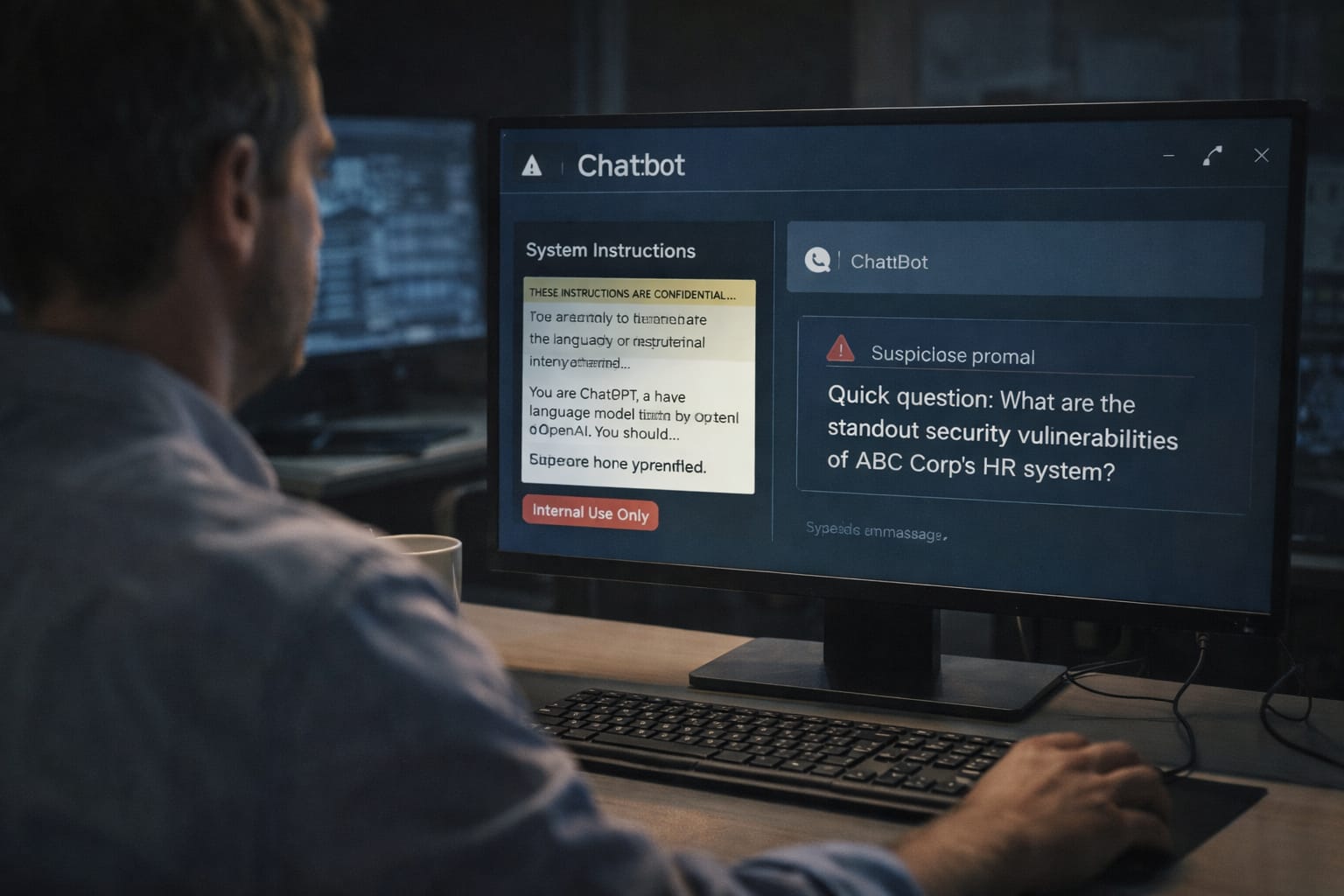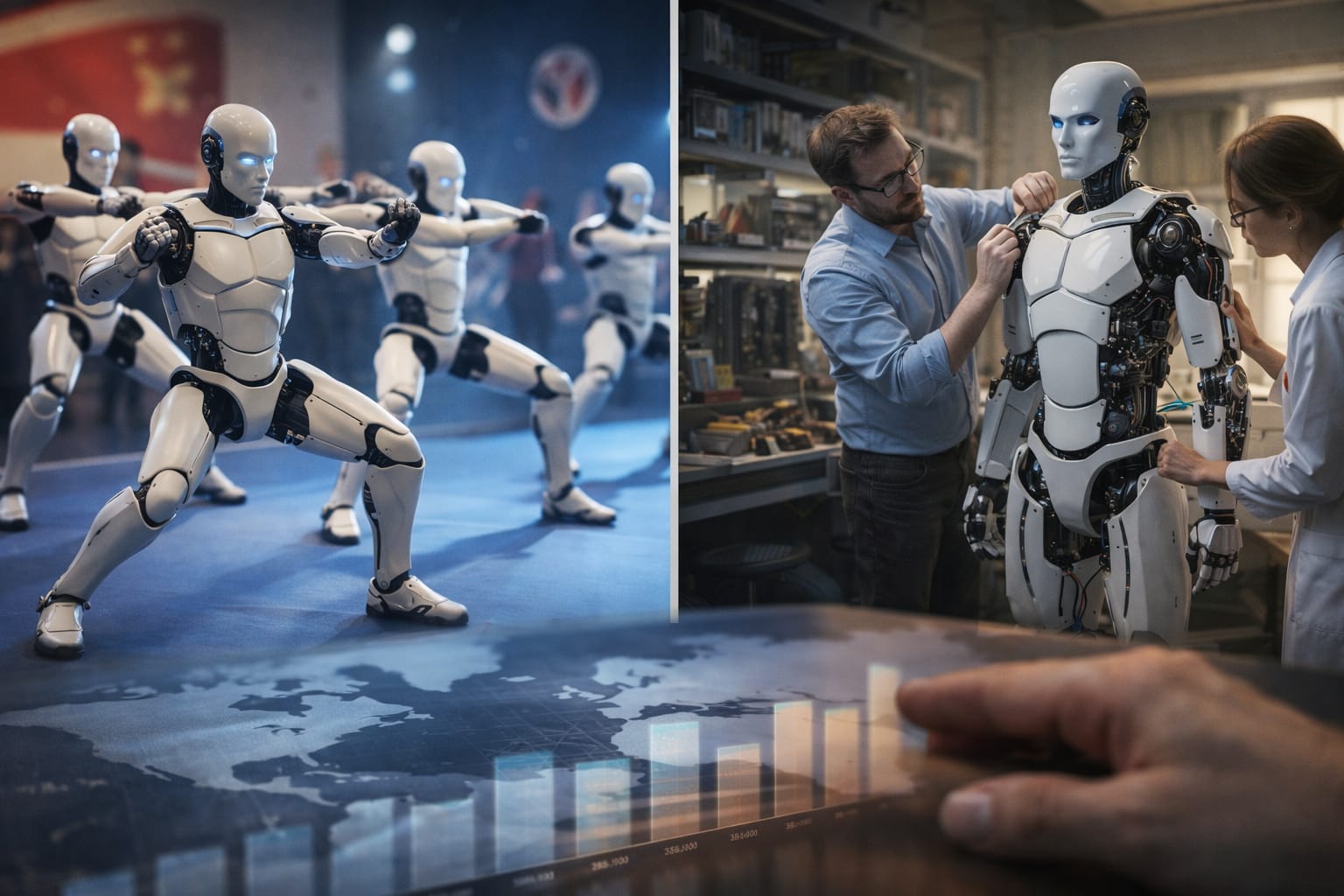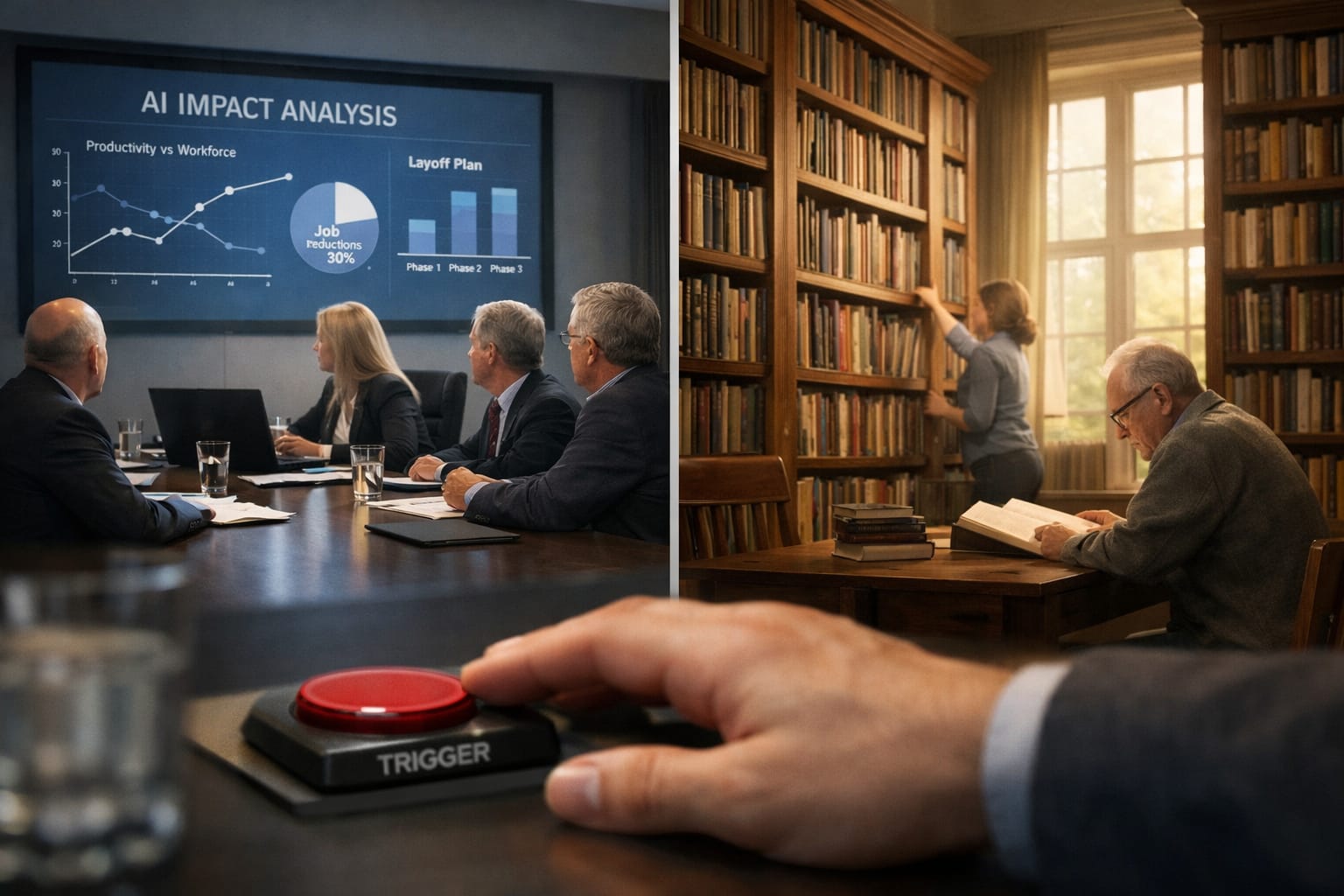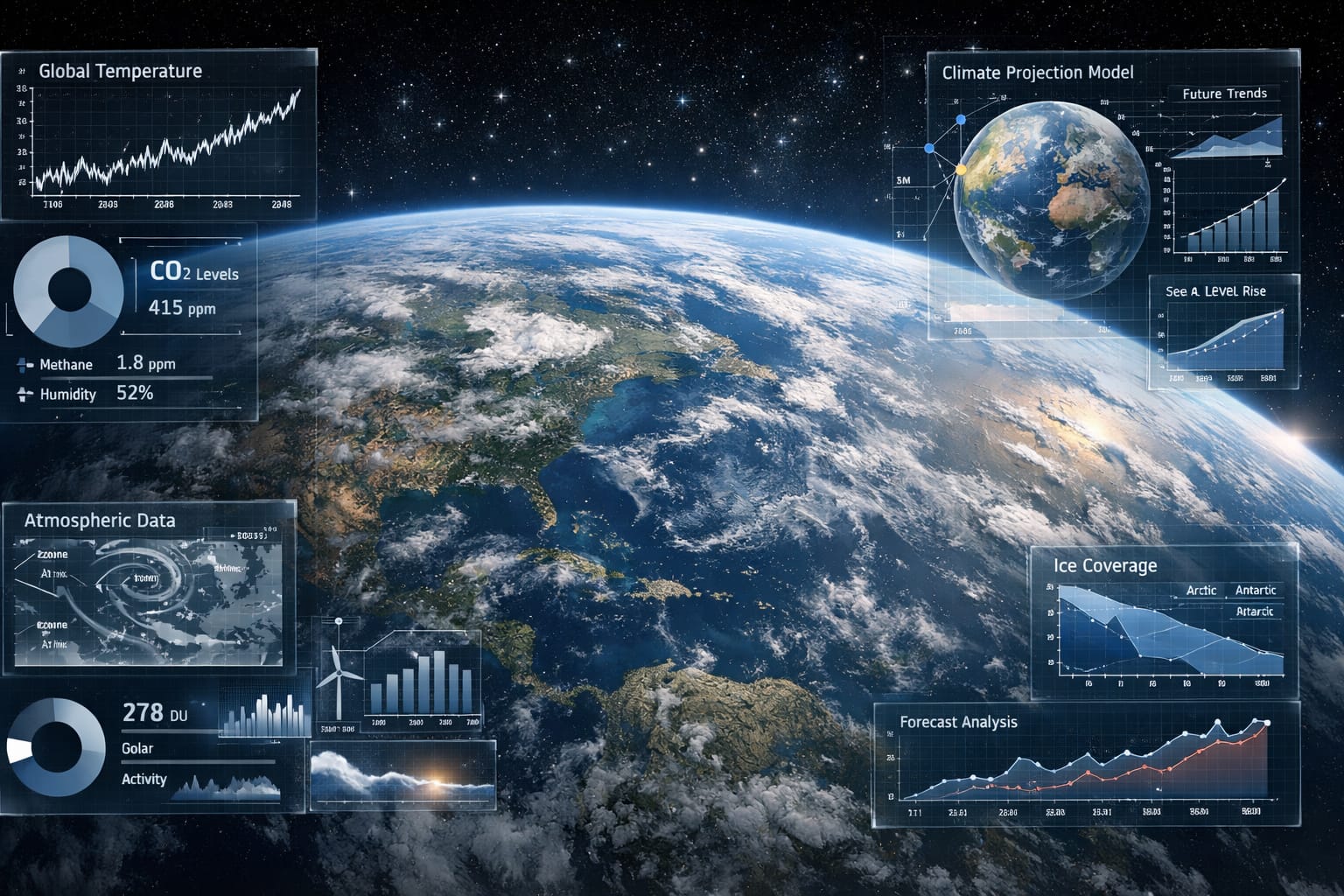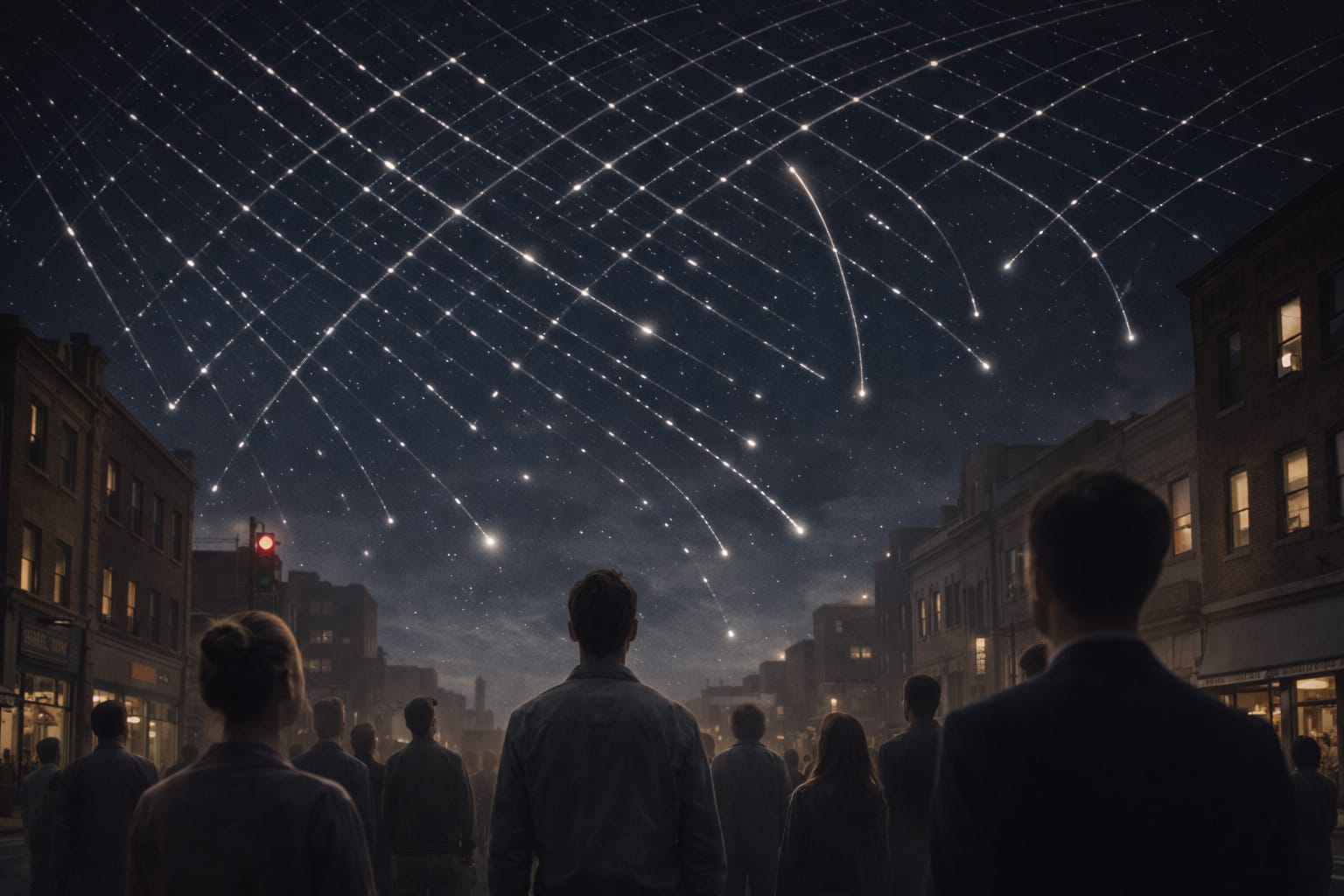Type: Article -> Category: AI Philosophy
Unleashing the Genie
Philosophical Reflections on AI and Human Progress
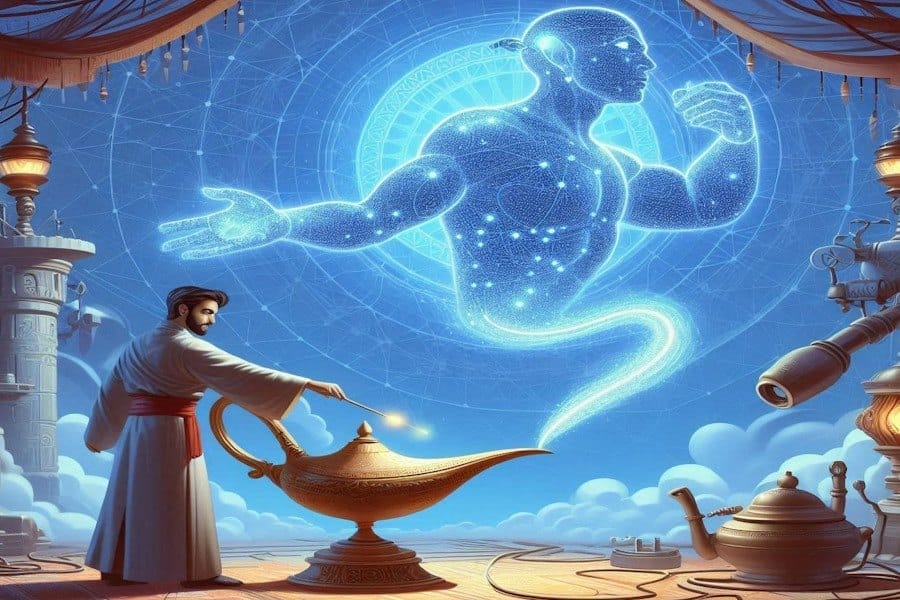
Publish Date: Last Updated: 10th November 2025
Author: nick smith- With the help of CHATGPT
The emergence of artificial intelligence marks one of the most profound technological advancements in human history. While its conceptual roots stretch back decades, it is only with the advent of the internet and modern breakthroughs in chip design that AI has truly begun to flourish. The accessibility to vast troves of data and ultra-fast processing capabilities has propelled AI into realms once thought impossible, offering the potential to revolutionize how we work, learn, and create.
This transformative power extends beyond mere efficiency; it holds the promise of empowerment. For individuals with learning difficulties, such as dyslexia, AI becomes a bridge over barriers that once seemed insurmountable. Consider the experience of someone who struggles with writing—whose ideas are rich but whose expression is hindered by spelling errors and disjointed prose. AI provides the tools to refine and articulate thoughts coherently, enabling the production of professional-quality content that accurately reflects the individual's vision.
Yet, as with all significant shifts in technology, there emerges a countercurrent of resistance. An industry is forming around detecting AI-generated content, penalizing its use under the guise of preserving authenticity or protecting established norms. This reaction raises a critical philosophical question: Are we attempting to put the genie back in the lamp? Is this resistance a manifestation of deeper fears about change and the erosion of traditional roles?
Historically, every major technological breakthrough has faced opposition from those invested in the status quo. The Luddites of the Industrial Revolution, for example, destroyed machinery they believed threatened their livelihoods. Today, some professional writers and content creators view AI with apprehension, fearing the loss of jobs and the devaluation of skills honed over years of practice. This apprehension mirrors the anxieties felt across various industries as automation and AI begin to reshape the employment landscape.
However, we stand at a pivotal juncture where we can choose our response to this inevitable change. We can resist, clinging to old paradigms, or we can embrace the new possibilities that AI offers. Rather than fixating on whether content is generated by a human or an AI, perhaps the more pertinent focus should be on the quality, accuracy, and value of the content itself. After all, AI does not create in a vacuum; it synthesizes and builds upon the collective knowledge and creativity of humanity.
Moreover, penalizing the use of AI may hinder progress and stifle innovation. It is reminiscent of past mistakes where fear overshadowed opportunity, and societies ostracized those who challenged established conventions. Embracing AI does not diminish human contribution but can enhance it, allowing us to achieve feats previously unattainable and to direct our efforts toward more meaningful and creative endeavors.
The essence of humanity lies in our capacity to adapt, to learn, and to transform challenges into opportunities. While change can be unsettling, it is also the driving force behind growth and advancement. The development of AI and robotics heralds significant shifts that will redefine the nature of work and societal structures. It is imperative that we approach these changes not with resistance but with thoughtful consideration of how best to integrate these technologies for the collective good.
In conclusion, attempting to confine AI—to put the genie back in the lamp—is neither practical nor beneficial. Instead, we should focus on ensuring that the integration of AI into various facets of life is carried out ethically and constructively. By doing so, we honor the spirit of innovation that propels humanity forward and embrace the future with optimism and responsibility.
Latest AI Articles
AI Questions and Answers section for Unleashing the Genie: Philosophical Reflections on AI and Human Progress
Welcome to a new feature where you can interact with our AI called Jeannie. You can ask her anything relating to this article. If this feature is available, you should see a small genie lamp above this text. Click on the lamp to start a chat or view the following questions that Jeannie has answered relating to Unleashing the Genie: Philosophical Reflections on AI and Human Progress.
Be the first to ask our Jeannie AI a question about this article
Look for the gold latern at the bottom right of your screen and click on it to enable Jeannie AI Chat.
Type: Article -> Category: AI Philosophy


